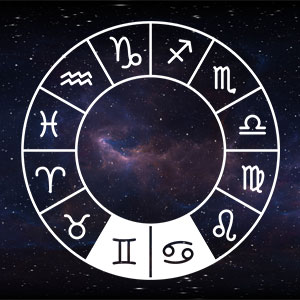

Rise of the Roman Empire, Christianity (symbolised early on as the ichthys), and Islam The Akkadian Empire, the Vedic period in India, onset of the Iron Age, Ancient Greece, Phoenician Empire, Ancient Israel, classical antiquity and the Axial Age, rise of Buddhism


Invention of writing, the Bronze Age and the rise of its associated civilizations, such as Sumer, Ancient Egypt, and the Indus Valley civilization, near-Eastern bull cults Pre-Pottery Neolithic C, Late Neolithic, beginning of the Chalcolithic Pre-Pottery Neolithic B, beginning of urbanization Pre-Pottery Neolithic A and beginning of B Lascaux cave paintings, Settlement of the AmericasĮnd of the Last Glacial Maximum, beginning of Pre-Pottery Neolithic He notes that the influences of the zodiac signs on human history are biased and rely on widely varying dates for the events cited, as well as selective cherry picking of evidence. The following table of astrological ages was compiled by Neil Mann, and are based on typical durations cited for each era, as well as developments in human history typically cited as being influenced by the vernal equinox sign thereof. The pop-culture concept of the Age of Aquarius referring to major societal changes of the 1960s, popularized in the 1967 musical (and subsequent 1979 film) Hair.Astrologers have been interested in relating world history to the astrological ages since the late 19th century however, most astrologers study horoscopes, not astrological ages.Archeoastronomers do not necessarily believe in astrology as a science, but rather study the cultural traditions of societies that did refer extensively to astrology.There are three broad perspectives on the astrological ages: Overview The traditional western Zodiac signs Īstrologers do not agree upon exact dates for the beginning or ending of the ages, with given dates varying by hundreds of years. Some astrologers believe that during a given age, some events are directly caused or indirectly influenced by the astrological sign associated with that age, while other astrologers believe the different astrological ages do not influence events in any way. The length of one cycle of twelve ages is 25,772 years. Advocates believe that when one cycle of the twelve astrological ages, called a Great Year, is completed, another cycle of twelve ages begins. There are twelve astrological ages corresponding to the twelve zodiacal signs in western astrology. An astrological age is a time period in astrological theory which astrologers say, parallels major changes in the development of Earth's inhabitants, particularly relating to culture, society, and politics.


 0 kommentar(er)
0 kommentar(er)
